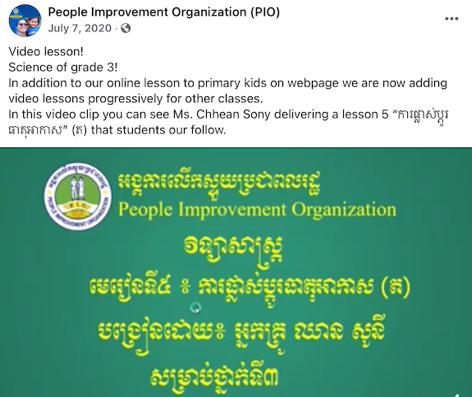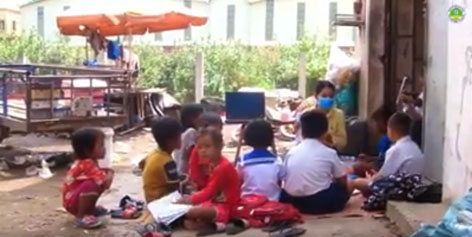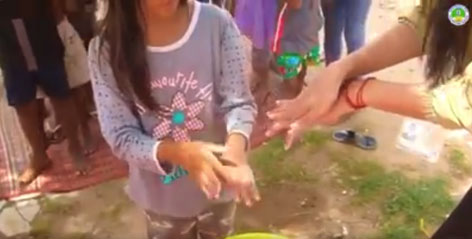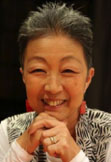Poverty is intergenerational. If you are born into poverty, it is most likely that you will struggle to escape from poverty all your life. In his latest book, “On Life’s Lottery”, Glyn Davis (AC) of the Australian National University asks the question: “If life is a game of chance, what responsibility do those who are given a head start have to look after those less fortunate?”
Interventions by charitable organisations like Dharma Care (DCI) and our partner in Cambodia, the People Improvement Organization (PIO) can transform the inevitable trajectory of the most marginalised children. DCI’s mission to “build bridges between people who care and those who need” and PIO’s commitment to “provide quality education to children in need” converge in DCI’s Srey Lak Program for Girls. In order to survive, destitute and abandoned girls in Cambodia are vulnerable to many forms of abuse. Education can enable such children to break out of the cycle of poverty.
The world will remember 2020 as the year in which the effects of Covid-19 were felt in every aspect of our lives. In spite of the economic downturn, DCI’s donors continued their support of the Srey Lak Program for Girls. For AU$1000.00 per girl per year, girls from destitute families are provided with three meals a day and accommodation in PIO’s “Shelter”, and education from kindergarten to high school.
I asked PIO’s John Thompson (Project Supervisor) how the school is coping during these challenging times.
PIO, like all schools in Cambodia, closed on 31 March 2020. Apart from the approximately 45 boarders living in PIO’s “Shelter”, all students had to be sent home. Schools did not reopen until mid-September 2020. During this prolonged school closure, Cambodia’s Ministry of Education, Youth and Sport supplied televised lessons. PIO supplemented these lessons in various ways.
Video lessons were uploaded on Facebook and Telegram. Regular communication was maintained between teachers and students whenever possible.

Learning through online classes is hard enough in wealthy countries where distribution of electronic devices is widespread and internet access is taken for granted, but extremely problematic for students in less fortunate circumstances. Many families of PIO students are supported by one income: a mother working in a garment factory, or selling food in a market; a father working as a tuk-tuk driver or construction worker. Covid-19 has added another dimension of hardship to these families. In the poorest communities, few have internet access and an entire family may be sharing one phone, making it difficult for the children to access online classes.
Teachers travelled to communities to give classes in small groups.

In addition to delivering food packages to struggling families, PIO helped in other ways such as donating soap and demonstrating how to wash hands properly.

PIO is now open again after repeated closures, and everyone is hoping that it will remain open. Of the approximately 1500 pre-Covid students, 950 have returned and are studying eagerly to make up for the learning lost in 2020.
DCI’s generous supporters of the Srey Lak Program for Girls are enabling the building of bridges between “those who care and those who need.” Donations, however small, are always welcome at this challenging time. If you would like to make a donation, please visit dharmacare.org.au/srey-lak-program-for-girls.

Miyako Armytage
